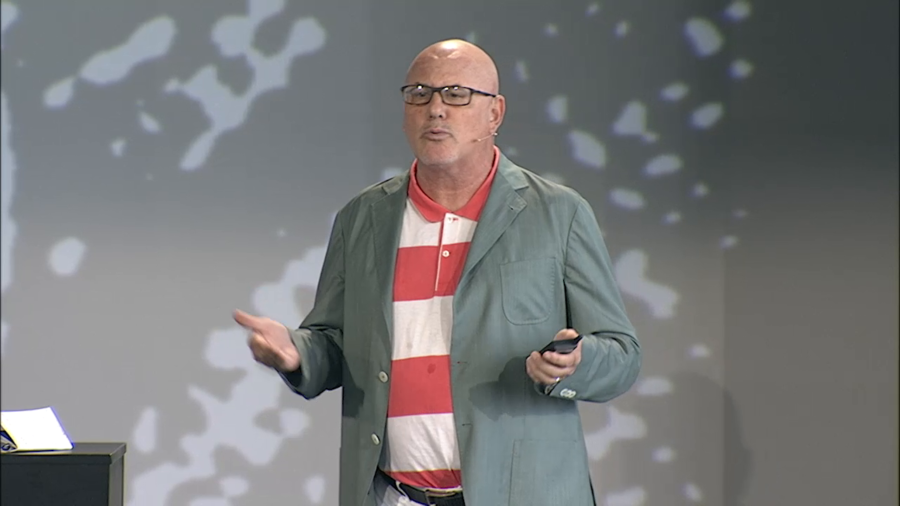I am profoundly envious of people who get to write about settled domains or sort of settled states of affairs in human events. For me, I was dealing with a set of technologies which are either recently emerged or still in the process of emerging. And so it was a continual Red Queen’s race to keep up with these things as they announce themselves to us and try and wrap my head around them, understand what it was that they were proposing, understand what their effects were when deployed in the world.
Archive

I’m going to make an argument in this talk that dissent is valuable not merely to establish your moral dimension or to make a moral act or moral posture. It’s essential to scientific progress. So we can’t do without dissent; it’s not an affectation.
The Soviet experience suggests something really important for us today, which is that networks are entirely compatible with surveillance. And many of our favorite things to talk about, then, peer-to-peer production, or end-to-end intelligence, kind of missed the point that I think is now obvious. That whether you’re the NSA or Google or whoever else…you’re a general secretariat, seeking to privatize our power, and you are surveilling us, because you have a network in place.

